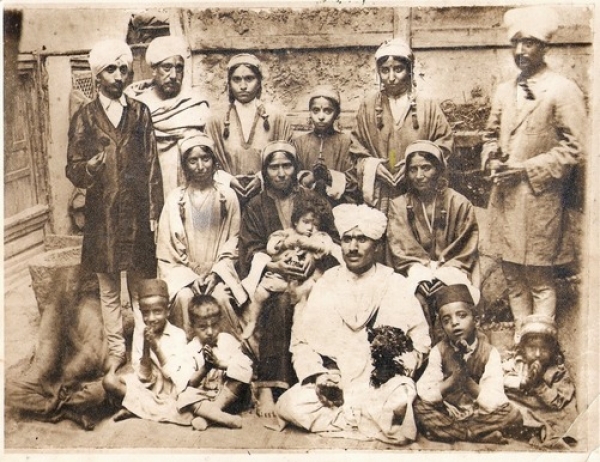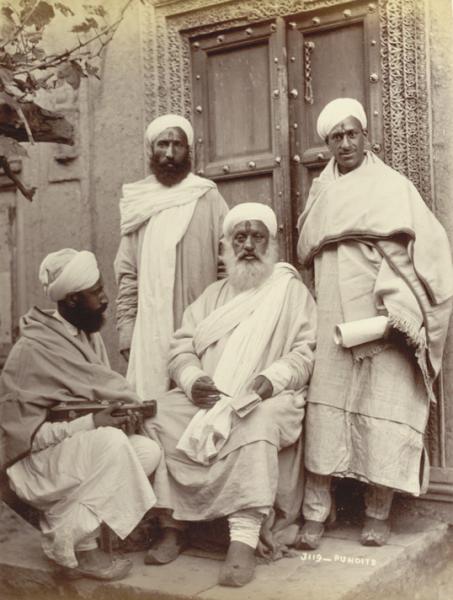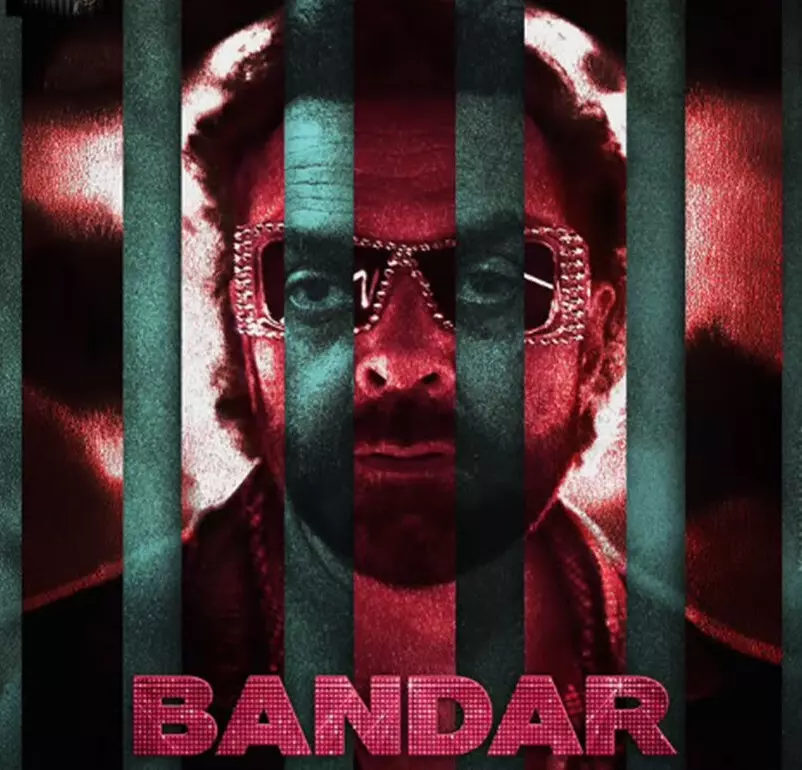According to the Oxford English Dictionary, the word “Diaspora” originates from ‘diaspeirein’ which means ‘to disperse’ or ‘to scatter’. Similarly “exodus” refers to ‘massive departure of people’. Though these words are neither alien nor newly discovered yet they surely are part of a reality, brutal to many, which cannot be escaped. We all are people in diaspora. The beginning of human history itself began with diaspora yet one cannot separate pain and trauma from diasporas’ reality. Whether we examine the condition of Bihar migrants in Maharashtra, or North Eastern community in Delhi or millions of Indians living in different parts of the world, diaspora is not an unknown concept. Every individual confronts the reality of diaspora--either voluntarily or involuntarily—but often these stories are merely a scratch on the surface.

Jammu and Kashmir has been in the grip of violence since partition of undivided India. In 1947, after the transfer of power from Maharaja Hari Singh to Governor General of National Conferences led by Sheikh Mohammad Abdullah, Kashmiri Pandits lost their position in the valley. A series of constitutional changes, discriminatory laws, communalism and rabid fundamentalism led to their ‘perpetual alienation’. They were subjected to misrule and discrimination. The Agrarian Reforms in 1948, transferred all the land from the clutches of Kashmiri Pandits to the landless farmers and peasants This was a harsh blow on the community as this ‘development’ led to economic instability of Kashmiri Pandits in the valley. Along with this a number of other acts like The Delimitation Commission; Debt Reconciliation Board also added injuries to their already unstable situation. The last straw was the militancy in 1989.
For centuries, Hindu Pandits and Muslim majority have lived peacefully in the valley of Kashmir along with Sikhs, Buddhists and Christians. This essence of togetherness and brotherhood was termed as ‘Kashmiriyat’. Writer Avanti Bhatti points out:
“In essence, it (Kashmiriyat) embodied the harmony and peace between the disparate communities in their everyday life...It was Kashmiriyat that had been responsible for this unique co-existence, the moral fibre that had weaved and knit the two communities into one peaceful society.”
The essence of Kashmiriyat was celebrated even by Mahatma Gandhi. For Gandhi, “Kashmir has become a beacon of light. I hope and pray that in this subcontinent lost in darkness (post partition), Kashmir proves to be a pillar of light.”2 Unfortunately after the exodus of Kashmiri Pandits the ethos of this togetherness lost its light.
In 1990 the issue of Kashmiri Pandits took a violent turn which compelled them to abandon their homes and live in refugee camps. It led to massive massacres, loot and plunder, rape of Hindu women and arson of Hindu properties. These incidents scarred their lives. Today Kashmiri Pandits are struggling to retain whatever they have lost. For many this incident echoed the bitter memories of 1947 Partition. …
Bharti
Content Writer
Bharti is a skilled content writer with over 5 years of professional experience creating engaging and high-quality content for diverse audiences. She specializes in crafting informative articles, blog posts, and web content that resonates with readers and drives results.

.webp)





_1735214375.webp)








